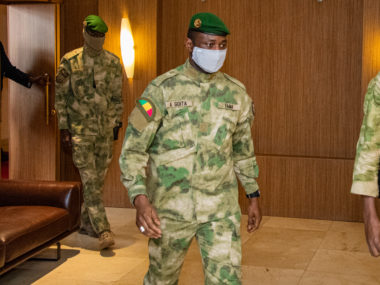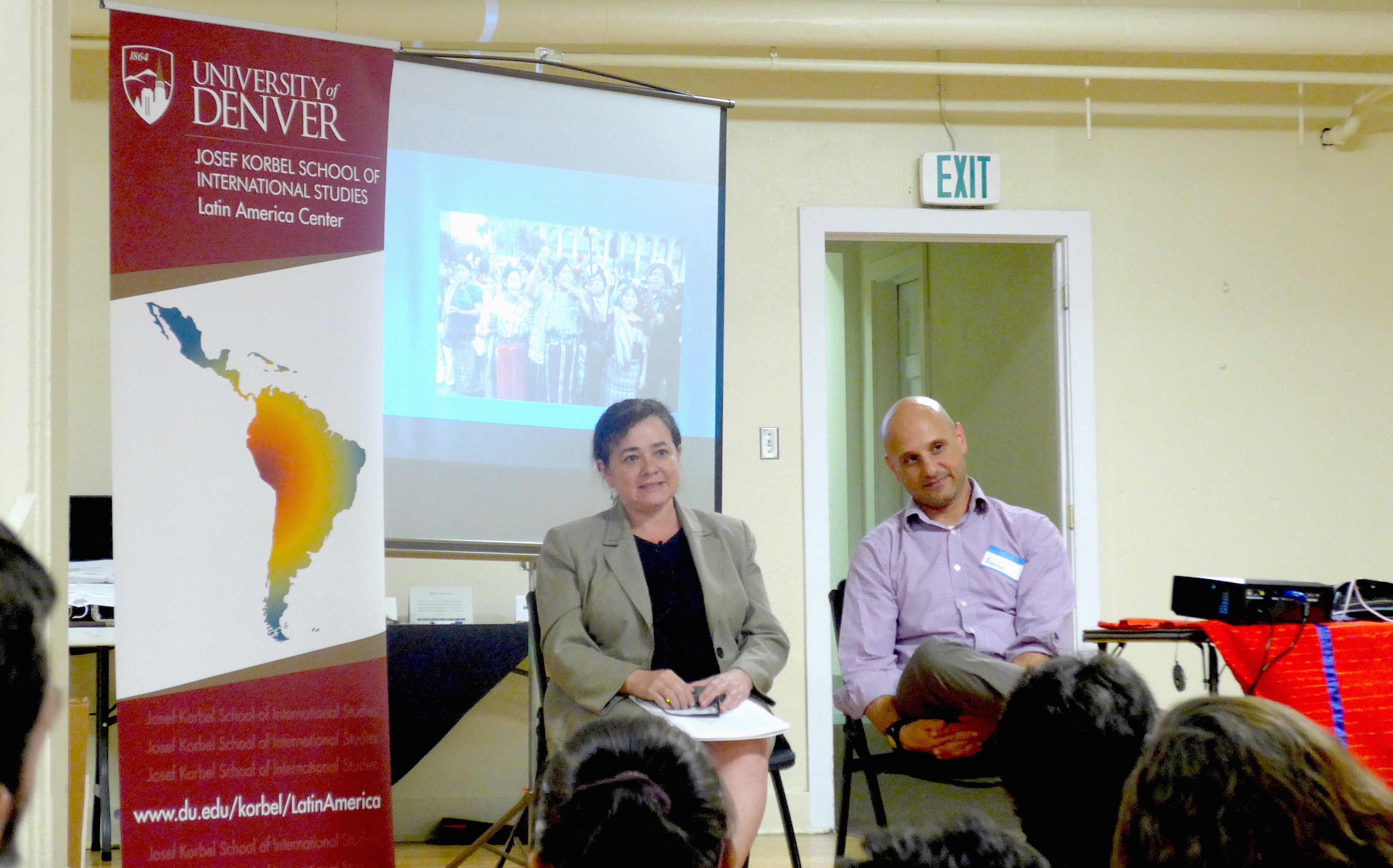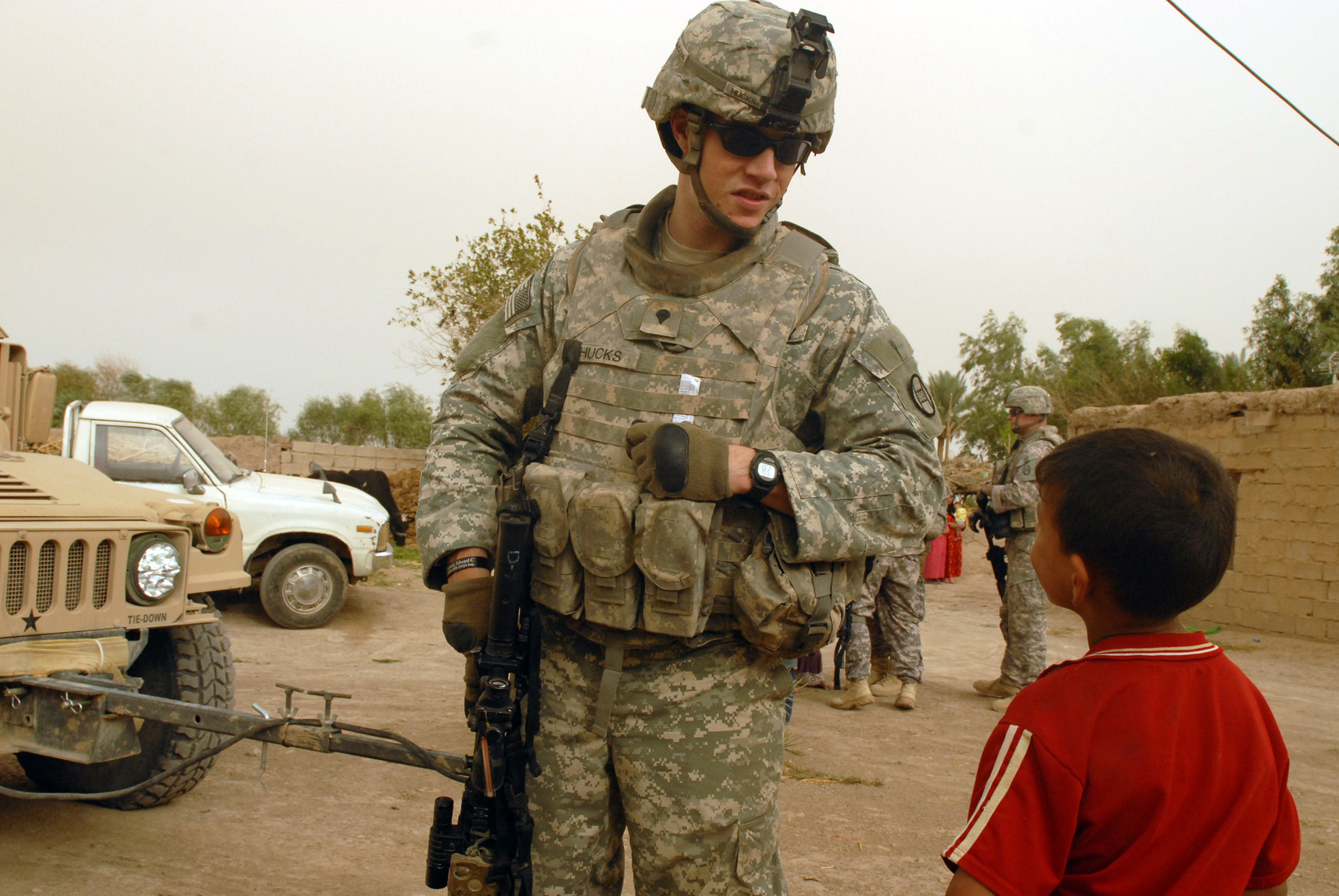By Sarah Bush
During the past month, political pundits have not been the only people disagreeing vociferously about how the United States should respond to Bashir Al Assad’s alleged use of chemical weapons. International non-governmental organizations — often referred to more simply as INGOs — have also been divided.
As several commenters have noted, human rights and humanitarian INGOs have diverged considerably on the question of what an appropriate international response to the use of chemical weapons in Syria would look like. Some INGOs made public statements denouncing military action in Syria. Others refrained from taking a position or even encouraged the use of force. INGOs have also adopted diverse positions in the broader, and still ongoing, debate about how the international community should address Syria’s pressing humanitarian crisis.
Such disagreements sound familiar to me since I recently read Sarah Stroup’s fascinating new book on INGOs Borders Among Activists: International NGOs in the United States, Britain and France. In the book, Stroup, an Assistant Professor of Political Science at Middlebury College, pushes back against the conventional notion that INGOs are forging a sort of “global civil society.” Instead, she notices significant variations in the practices of human rights and humanitarian INGOs. After the 2003 American invasion of Iraq, for example, she describes how American INGOs such as CARE and Human Rights Watch worked with the United States government on aid delivery and post-war reconstruction, whereas European INGOs such as Amnesty International and Médecins Sans Frontières adopted relatively confrontational stances towards the U.S.-led war effort.
Drawing on evidence about the activities of human rights and humanitarian INGOs in many cases beyond just Iraq, Stroup argues that organizations vary significantly in their practices, strategies, and public policy stances because of their different national origins. Although all manner of INGOs end up working overseas in the very same locations, they work differently when they get there because they started off in quite different places. American INGOs are “cooperative professionals,” for example, in contrast to the “establishment radicals” at British INGOs and the “principled protesters” of their French counterparts. Stroup emphasizes several sources of those national differences, including different regulatory environments, social networks, and resources.
Citizens often turn to the statements of prominent INGOs when they are seeking to form their opinions about controversial foreign policy issues. That is especially the case on matters of human rights and humanitarian action, issues on which INGOs are particularly active and, perhaps, credible. Some people looked at INGOs’ various statements on chemical weapons in Syria and saw “a display of irrelevance.” Others may have simply been confused. What is worth appreciating when trying to decode the mixed signals that INGOs are sending is that these organizations — despite their universal-sounding names and missions — hail from different countries and therefore have quite different approaches. In other words, when it comes to transnational organizations’ behaviors, where you stand depends on where you — or, at least, your headquarters — sit.
INGOs’ disagreements about how to respond to the civil war in Syria seem to reflect broader differences within what is sometimes called the “international community.” INGOs such as Save the Children are trying to push world leaders at the United Nations this week for more humanitarian access in Syria. Forging agreement within the international community on what to do in Syria will likely require that moral entrepreneurs recognize and understand what divides them — including various factors related to their national origins.






0 comments
‘… American INGOs such as CARE and Human Rights Watch worked with the United States government on aid delivery and post-war reconstruction, whereas European INGOs such as Amnesty International and Médecins Sans Frontières adopted relatively confrontational stances towards the U.S.-led war effort. ….
This would seem to indicate that the American INGOs had somehow been colonized by the U.S. government or ruling class, since there was a lot of antipathy for Bush’s military adventures among the American people in general, which, one would think, would have shown up in some organizations of Americans. I wonder if Stroup goes into this subject (which might not be easy to uncover), or merely observes the surface phenomena. Not that the latter is not valuable, for it at least points directly to the former.
Or, in my opinion far more likely, it was that they decided their priority should be on delivering essentials and providing medical attention rather than opposing the military that might impact their ability to do that.
Many Americans were at best (for Bush) uncertain about Iraq and at worst (for Bush) openly against it. I’m pretty sure most of them would still try to focus on aid work in such a situation.
Yeah, I can’t see this as a co-option of American INGOs by government elites, at least beyond the popular-in-2002 idea that removing Saddam Hussein was a just and readily achievable mission. If INGOs wanted to operate within Iraq having a productive relationship with the governing authority (read: US military) was vital.
I am no expert on the matter, but I believe that Médecins Sans Frontières never meaningfully operated in post-invasion Iraq citing danger, a decision that likely had something to do with the group’s perception of the invasion overall.
I was trying to account for the stated difference in behavior between the American and the European organizations.
I have no inside information about any of the organizations mentioned, but a certain amount of backchannel influence and even infiltration hardly seem beyond the realms of possibility.
HI All, Sarah Stroup here. Thanks first to Sarah Bush for the kind coverage, and an interesting link to Syria, and thanks for your responses. In the book, I explicitly avoid making the argument that INGOs are simply “tools” of their home country governments – in both human rights and humanitarian relief, they go to great length to present themselves as independent actors. My argument is that these different national environments have different regulatory structures (discouraging confrontational activism, for example, in the US) and their publics have varied levels of interest in foreign affairs or in charitable giving – and INGOs develop their responses to situations like Iraq and Syria in some large part in response to these national environments. Organizational culture matters (MSF is an outlier globally AND among the French), and the issue area (human rights versus humanitarian relief) matters,
Also – if you’re interested – the best insider debate on Iraq is between Nicholas de Torrente (MSF USA) and Paul O’Brien (then CARE USA) in the 2004 volume of the Harvard Human Rights Journal. O’Brien makes exactly the argument that Grant and Taylor are making – taking aid from belligerent governments, and cooperating with authorities on the ground, helps relief agencies save more lives.